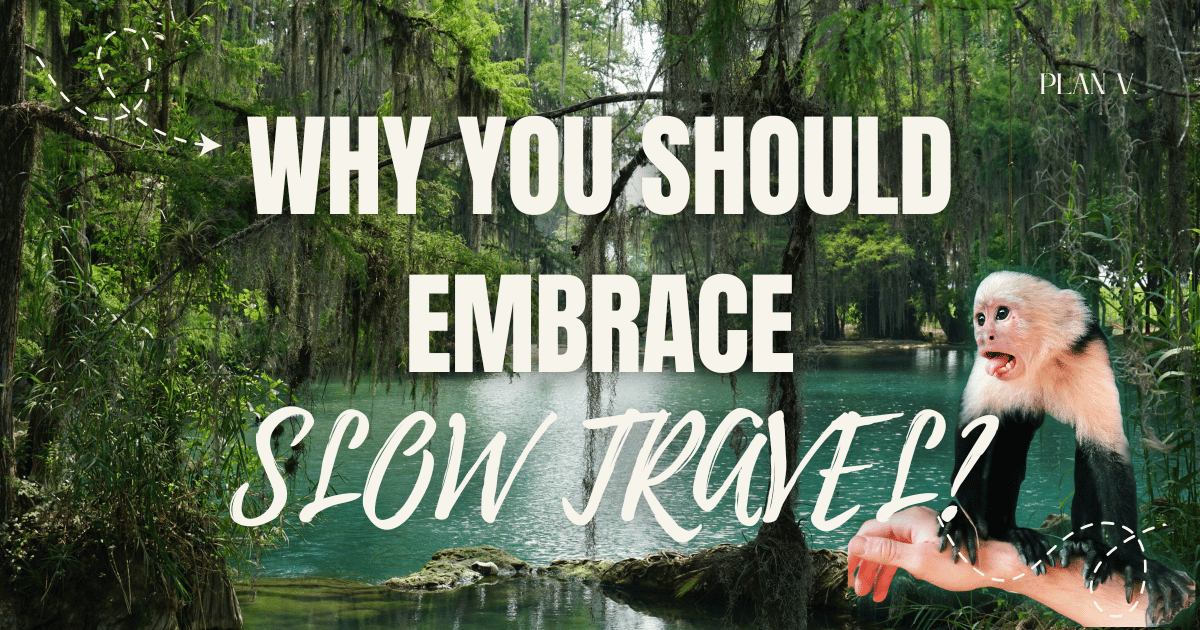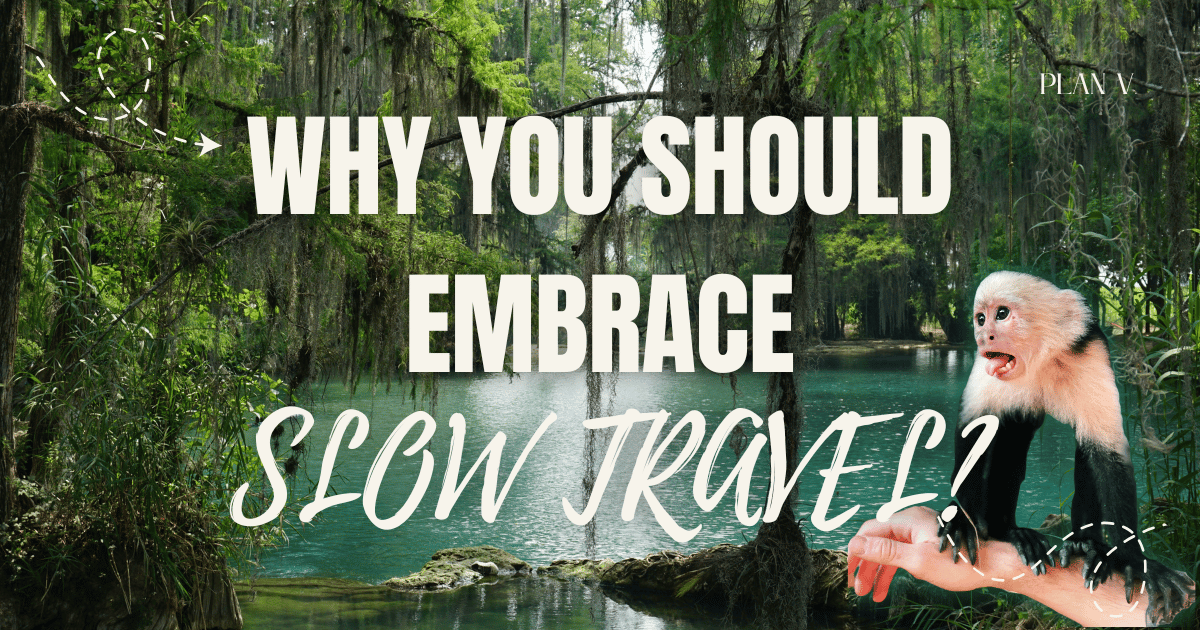- Plan V.
- Posts
- Why is slow travel the future of tourism?
Why is slow travel the future of tourism?
This is just an extra delivery, but equally important. Slow travel looks like immersive exploration that benefits travelers, communities, and our planet, not frantic itineraries but thoughtful ones.

Fact-based news without bias awaits. Make 1440 your choice today.
Overwhelmed by biased news? Cut through the clutter and get straight facts with your daily 1440 digest. From politics to sports, join millions who start their day informed.
Between accelerated consumption and instant gratification, slow travel has emerged as an alternative for those needing a break. This is transforming the global tourism landscape. With a thoughtful approach to exploration, travelers prefer to dive deep into fewer destinations rather than rush through their bucket lists.
Adapting to the Slow Movement
The industry is not far behind and is evolving rapidly, as are consumer preferences:
✈️ Airlines such as KLM and Lufthansa have launched fares and fees in ticket categories that suit your travel style better. This offer has flexible return dates and stopovers.
🚞 Rail Europe has seen a 56% increase in multi-destination rail passes, as travelers choose low-carbon transportation methods that enhance the travel experience.
🏨 Hotel are also changing their offerings to accommodate longer stays. Marriott's "Home & Villas" program offers apartment-style accommodations with local hosts. Hilton's "Extended Discovery" certification guarantees kitchen facilities and collaborations with local experiences for stays of more than five nights. They also offer options for travelers looking for longer stays with their Hilton's LivSmart Studios program.
🗺️ Tour operators such as Intrepid Travel and G Adventures have redesigned their portfolios, reducing the average number of daily activities by 40% and deepening community connections. The Adventure Travel Trade Association reports that 78% of travel companies have increased their average trip length since 2022.
Why should you embrace slow travel?
The appeal of slow travel goes beyond simple relaxation. A study by the Slow Travel Alliance identifies several key factors:
🍃 The Global Sustainable Tourism Council (GSTC) found that slow travelers have 43% higher satisfaction rates than those who follow traditional itineraries.
👀 Choose destinations where you can disconnect from technology.
🏔️ Quality over quantity.
🗺️ Reduce your carbon footprint as a motivation for taking longer, less frequent trips.


Reply